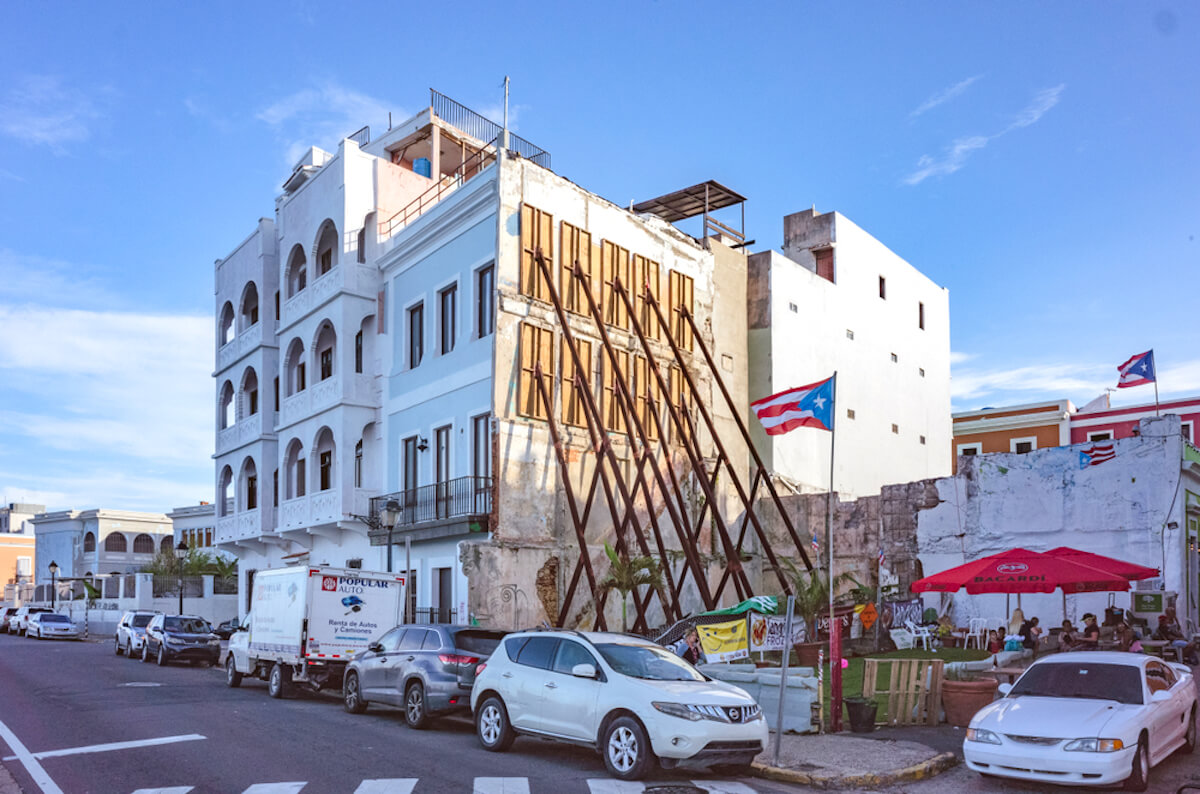ImpactAlpha, Jun. 2 – The very rich are different, as F. Scott Fitzgerald once observed. One of those differences is the prerogative to put impact first in the allocation of at least some of their family’s wealth.
That makes family offices an undertapped source of “catalytic capital” for investments in racial justice, loans in low-income communities, financing for smallholder farmers and other economic opportunities for marginalized communities. Unlike pension funds and asset managers who may be constrained by legacy notions of fiduciary duty in managing other people’s money, wealthy families have the discretion to take higher risks, lower returns or a longer time-horizon in order to drive impact on social and environment issues they care about.
“We have no constraints – we’re rich,” Diane Isenberg, the principal of Ceniarth, said on last week’s subscriber-only Agents of Impact call. Isenberg is shifting family-office assets of approximately $400 million out of “market-rate” impact vehicles and into “impact-first capital preservation” strategies in smallholder agriculture, community development and other areas.
“We’re delighted that we are able to have the flexibility to maximize impact to a sector or geography or community where there’s a dearth of it – because of our flexibility,” said Isenberg. “Our objective is to keep the value of our capital that’s being recycled the same in real terms, so obviously you have to take into account inflation and costs. But that’s much more modest than what people might call ‘market-rate.’”
Hundreds of Agents of Impact explored the range of strategies for moving family capital toward impact with Isenberg as well as Sobrato Philanthropies’ Sheri Sobrato Brisson and Regan Pritzker of the Libra and Kataly foundations. Other impact-first family offices include the Berwind family’s Spring Point Partners in Philadelphia, Chris Larsen and Doug Galen’s Rippleworks in Redwood City, Calif., and the Kaplan family’s A to Z Impact in Wilmington, Del.
Globally, about 7,300 family offices controlled nearly $6 trillion in assets in 2019, according to Campden Research.
Families may share flexibility, but their strategies come in multiple forms. If integration of impact-first strategies is a difficult fit for conventional investment strategies, for example, family offices can deploy catalytic capital as a way to recycle philanthropic capital and position investees for commercial investment.
Ceniarth is seeking to mobilize more catalytic capital by rallying like-minded families to share strategies, due diligence and dealflow. “If you have capacity and you have the freedom to actually do more impact-first, get in touch,” Isenberg said on the call (disclosure: Ceniarth is a sponsor of ImpactAlpha).
Spend-down
Pritzker, an heir to the Hyatt Hotel fortune, has made impact investments for years through her family’s Libra Foundation, which is dedicated to human rights. Libra, for example, seeded the Olamina Fund to make low-interest loans to community development financial institutions and other lenders serving communities of color.
Several years ago, Pritzker and her husband transferred $445 million to launch the Kataly Foundation, which is aiming to spend down that endowment over 10 years with grants, low-interest loans and other “integrated capital support” for grassroots groups and community projects. The foundation’s mission: “To support the economic, political, and cultural power of Black and Indigenous communities and all communities of color.”
An early investment: the East Bay Permanent Real Estate Cooperative, which is reviving a Black cultural corridor in West Oakland. Other “integrated capital support” has gone to the NDN Fund, Akiptan, Seed Commons and the Historic Clayborn Temple in Memphis.
“As someone who inherited wealth, it was maybe easier for me in some ways to hear the critique from our grantees that that wealth is not mine, and that our wealth is not ours, that it was extracted from natural resources from people’s labor, has been siphoned off from our public systems through tax saving strategies, and that the call to action wasn’t just to invest in better companies but really to think much bigger picture about what the overall economic, political, social systems,” Pritzer said.
Kataly is led by Nwamaka Agbo, who has championed “restorative economics” to invest “in strategies that create shared prosperity and self-determination for a just transition to the next economy.” Pritzker said one goal is to break away from philanthropy itself and offer tools for communities to define ownership and governance for themselves.
“We can do better,” Pritzker said on the call. “We can unlearn the problems of our extractive economy, and “learn from other cultures, other models, and frankly, the community organizations and folks at the frontlines of these impacts who I think have the most creative and beautiful solutions.”
Impact journey
The Sobrato family, which rode the growth of Silicon Valley to a real estate fortune, has gradually expanded both its philanthropy and its impact investing.
“Just get started,” Sheri Sobrato Brisson advised other families. The Sobratos’ impact investing started with small investments from her family’s own funds and has expanded to ESG-alignment strategies across the family’s investments. Her brother John M. Sobrato and his wife, Timi, have invested in a range of alternative-protein ventures and animal welfare efforts. The Sobrato Organization has tapped Victoria Fram, formerly of Village Capital, to help integrate impact across the family’s real estate, investment and philanthropy divisions.
In the COVID pandemic, Sheri Sobrato worked with Benefunder to identify companies with promising treatments and technologies to support with grants and investments. Drawing on her personal experiences, she has also launched challenges to identify underutilized research and intellectual property that could make an impact on children’s health issues, and particularly brain tumors.
“It’s just such an opportunity to take philanthropic capital, and be able to take some risks … that we might not have otherwise done in the investment space,” she said. “The importance of philanthropic capital is to start projects that can morph into these amazingly great companies. It’s such a privilege to be able…to take small resources – no amount of resources is too small – to be able to invest according to your ideals.”
Impact-first
Isenberg laid out the case for Ceniarth’s impact-first capital preservation in a 2018 post in ImpactAlpha headlined, “Fighting poverty and remaining rich.” The piece included the memorable line, “If you are rich today and invest in a manner that generates deep impact, and returns your capital with a yield in line with inflation and reasonable expenses, you will still be rich tomorrow.”
The family office has now moved about $174 million from what might be termed mainstream, or market-rate, impact investments into its impact-first portfolio. “We found that there were a unique set of really high impact funds and enterprises that genuinely had a lower risk profile, but … the sacrifice was more modest returns.”
For example, the New Hampshire Community Loan Fund, a community development financial institution, is helping residents of mobile home parks purchase the land under their homes, both to reduce housing insecurity and to lower their monthly costs. In recent years, private-equity and other investors have acquired many mobile home parks, raised rents and caused many families to lose their homes.
With Pritzker’s Libra Foundation, the Open Society Institute and others, Ceniarth backed the New Hampshire loan fund to make low-interest loans to residents to be able to buy their plots and lower their monthly costs.
On The Call, Isenberg called out the spectrum of views and variety of tools available to tackle big problems.
“I personally think it’s all really, really important,” she said. “As we slowly transition towards utopia, there’s a lot of shit to be dealt with, excuse my language… We all are hoping for this transition, but in the meantime, we’re just going to try and make people’s lives better on a day-to-day basis, because if you don’t know where your next meal is coming from tomorrow, you can’t have the capacity to deal with some of this other stuff.”
“I would like to reinforce the importance of having all these tools and filling all these gaps, and families going where your family can go,” Isenberg said. “If there are wealth holders out there who look to the three of us and think, ‘That speaks to me, I might be able to start moving in this direction,’ get in touch with any of us.”











